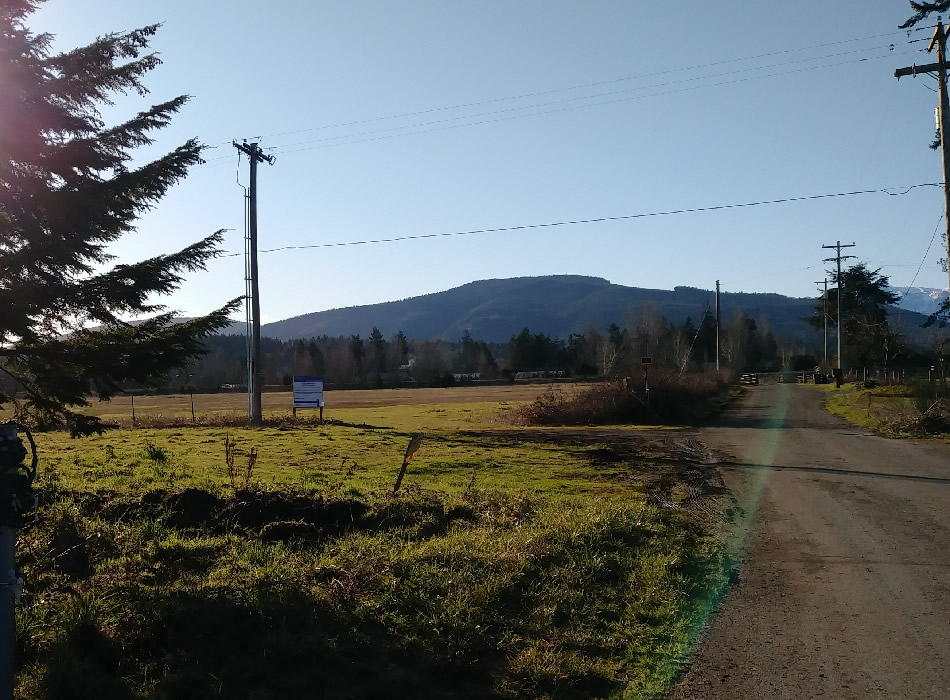By Citizen Review Staff
February 17, 2020
Sequim, WA – Seattle attorney Michael A. Spence, of Helsell and Fetterman LLP, filed an appeal to the City of Sequim, February 12, on behalf of Save our Sequim (SOS).
The appeal, which included $600 for the “hearing examiner,” was delivered by SOS representative Jodi Wilke, who was joined by Robin Pangborn and Rose Marschall.
“As you know, this firm represents Save our Sequim (SOS) a large group of City residents, who are deeply concerned about your decision to process the Jamestown S’Klallam Tribe’s proposed drug rehabilitation facility, using the A-2 Process,” Spence stated.
Pence continued, “The Petitioner Save our Sequim (“SOS”) is a 501(c)(4) corporation in good standing in the state of Washington. SOS is supported by over 2500 residents of Sequim and the surrounding area and representatives have been heavily and intensely involved in the public process surrounding the proposed project since it was first announced on May 6, 2019.”
Spence continued: “Representatives of SOS have provided significant and substantive oral and written testimony in public hearings of the Sequim City Council and have been engaged in significant advocacy outside of this setting. SOS is not categorically opposed to the siting of a drug rehabilitation facility serving the local community somewhere in the Sequim area; however, SOS believes that the proposed location for a regional drug rehabilitation facility is inappropriate in this location [526 S. 9th Ave] for reasons that will be set forth in this appeal. All administrative remedies have been exhausted to date.”
The specific reasons the appellant believes the decision is wrong.
- The administrative A-2 permitting process is inappropriate for this application because the proposed project meets the definition of an Essential Public Facility, which can only be approved by the City Council.
- The proposed project is not a permitted use in the RREOA [River Road Economic Opportunity Area] District because it is more accurately described as an “alcohol or drug treatment center” and a “detoxification center,” as opposed to a facility providing “ambulatory and outpatient care services (physicians, outpatient clinics, dentists).”
- The City’s conclusion that the proposed project is exclusively an ‘outpatient treatment facility’ is incorrect and is not supported by the facts of the law.
- The City’s conclusion that the proposed project is not ‘difficult to site’ is incorrect and not supported by the facts or the law.
- The City’s conclusion that the review of the proposed project does not involve ‘substantial discretion’ is incorrect and is not supported by the facts or the law.
- Neither the Americans with Disabilities Act (ADA) nor the Rehabilitation Act of 1973 bind the City to approve the proposed project in the location contemplated by the Applicant.
The Desired outcome to the decision or changes in the Decision :
Appellants therefore respectfully request the following relief:
- That the Examiner enters findings of fact that the proposed project is an Essential Public Facility, which requires City Council approval under the C-2 process or a comparable process.
- That the Examiner enter findings of fact that the proposed project is not a permitted use in the RREOA District because it is more accurately described as an “alcohol or drug treatment center” and a “detoxification center,” than as an “ambulatory and outpatient care services (physicians, outpatient clinics, dentists).”
- The Examiner enters findings of facts that the proposed project also includes a child care center, a laboratory and an inpatient facility, none of which are permitted uses in the RREOA District.
- The Examiner enters findings of fact and conclusions of law that the City is not bound to the A-2 permitting process or to the substantive administrative approval by the case law cited in the Determination.
- That the Examiner remand the Determination back to the City with instructions to process this application under the C-2 permitting process that requires City Council approval.
- Any other relief the Examiner deems to be just and equitable.


Recent Comments